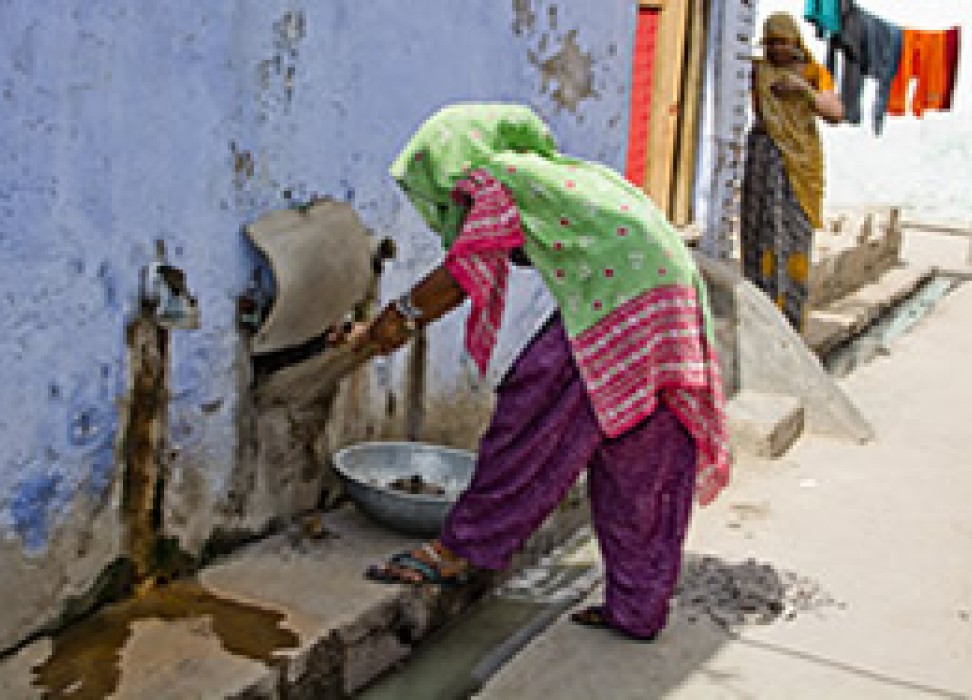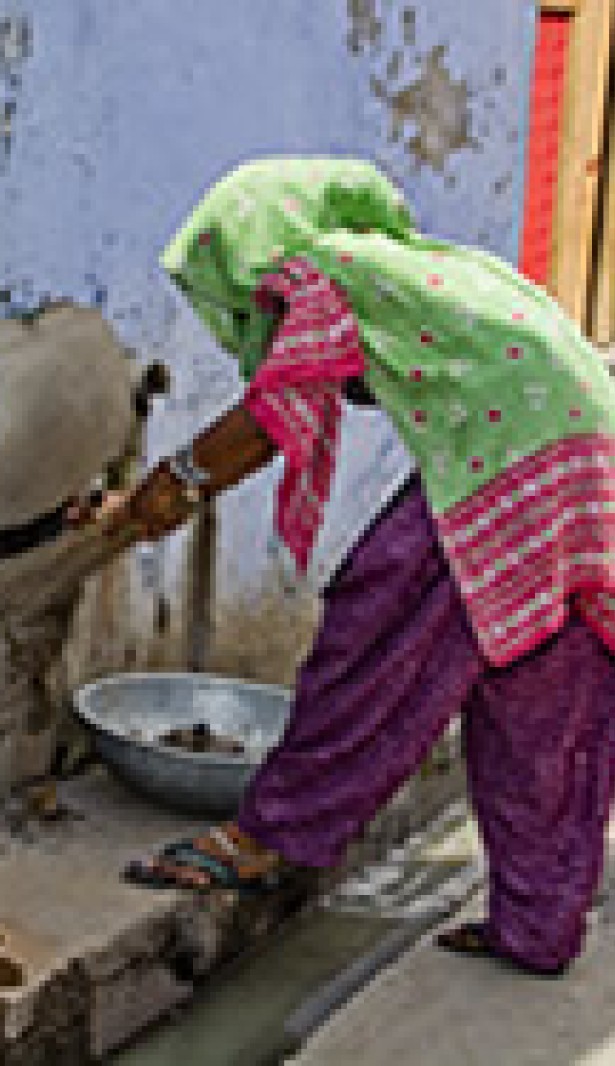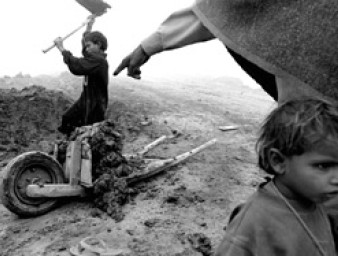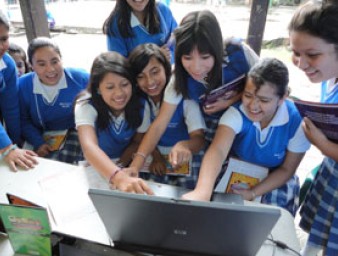Caste-based slavery: Rekha’s story
19 December 2014

For 18 years, Rekha Bai, from Rajasthan, India, would carry human waste on her head in wicker baskets to a dumpsite outside the village—a practice known as “manual scavenging”.
Traditionally, women of the Dalit caste are obligated to empty the dry latrines with their bare hands. When Rekha was a child she was married off to a man whose mother, because of her caste, was engaged in “manual scavenging.” Rekha inherited the responsibility when her mother-in-law became too old to perform the job herself.
“As payment for my labour, I got just one chapatti (a type of Indian bread) from each household,” said Rekha, adding that her health suffered as a result of carrying infectious waste on her head and that she felt deeply ashamed of her degrading occupation.
With the support of the UN Voluntary Trust Fund on Contemporary Forms of Slavery, the non-profit organization, Jan Sahas, provided Rekha with legal and social assistance that enabled her to walk away from her enslavement. Today, Rekha is a daily wage labourer and receives the minimum wage.
Dalits in India are still engaged in manual scavenging. Because of discrimination related to their caste and occupational status, Dalits working as manual scavengers are rarely able to take up another occupation.
The campaign to end manual scavenging and caste-based discrimination in India has been gaining momentum. Rekha was one of 5 000 former manual scavengers from 18 different Indian states who participated in a 10 000 kilometre march, or “Yatra” in January 2013.
Read Rekha’s story and those of others like her, in “The Human Faces of Modern Slavery”.
The UN Voluntary Trust Fund on Contemporary Forms of Slavery is financed by State and other contributions. Established in 1991, the Fund is managed by the UN Human Rights Office, and has awarded several million US dollars in grants to more than 500 organizations worldwide to support projects delivering humanitarian, legal, psychological and social assistance to victims of slavery. Support from donors is more than ever required in view of the increased number of requests for support received which contrast with the decreasing income affecting the Fund’s operations.
In addition to traditional slavery, modern forms of slavery include serfdom, forced labour, debt bondage, the worst forms of child labour, the sale of children, forced and early marriage, the sale of wives and inherited widows, and trafficking in persons for exploitation and sexual slavery.
19 December 2014




